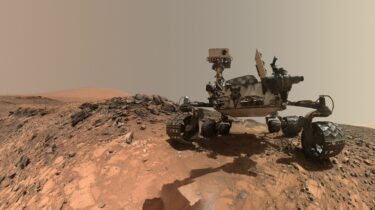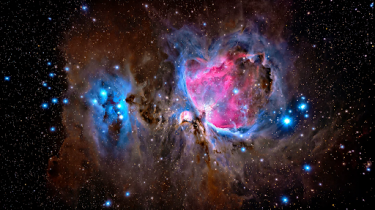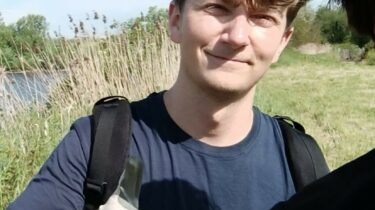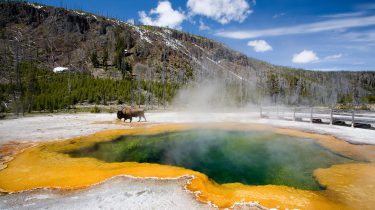Where Worlds Collide: Stepping Into the Interdisciplinary
By Jenna Cammerino If you could pick one object that would stand to sum up life here on Earth, what would you choose? How about a song? Maybe even a word? We’ve all stopped to wonder whether or not we are alone in this Universe and many efforts have been devoted to searching for other life out there, but not nearly as many have been focused on what we’d do after we’ve encountered that other life. It is these kinds […]
Read more









